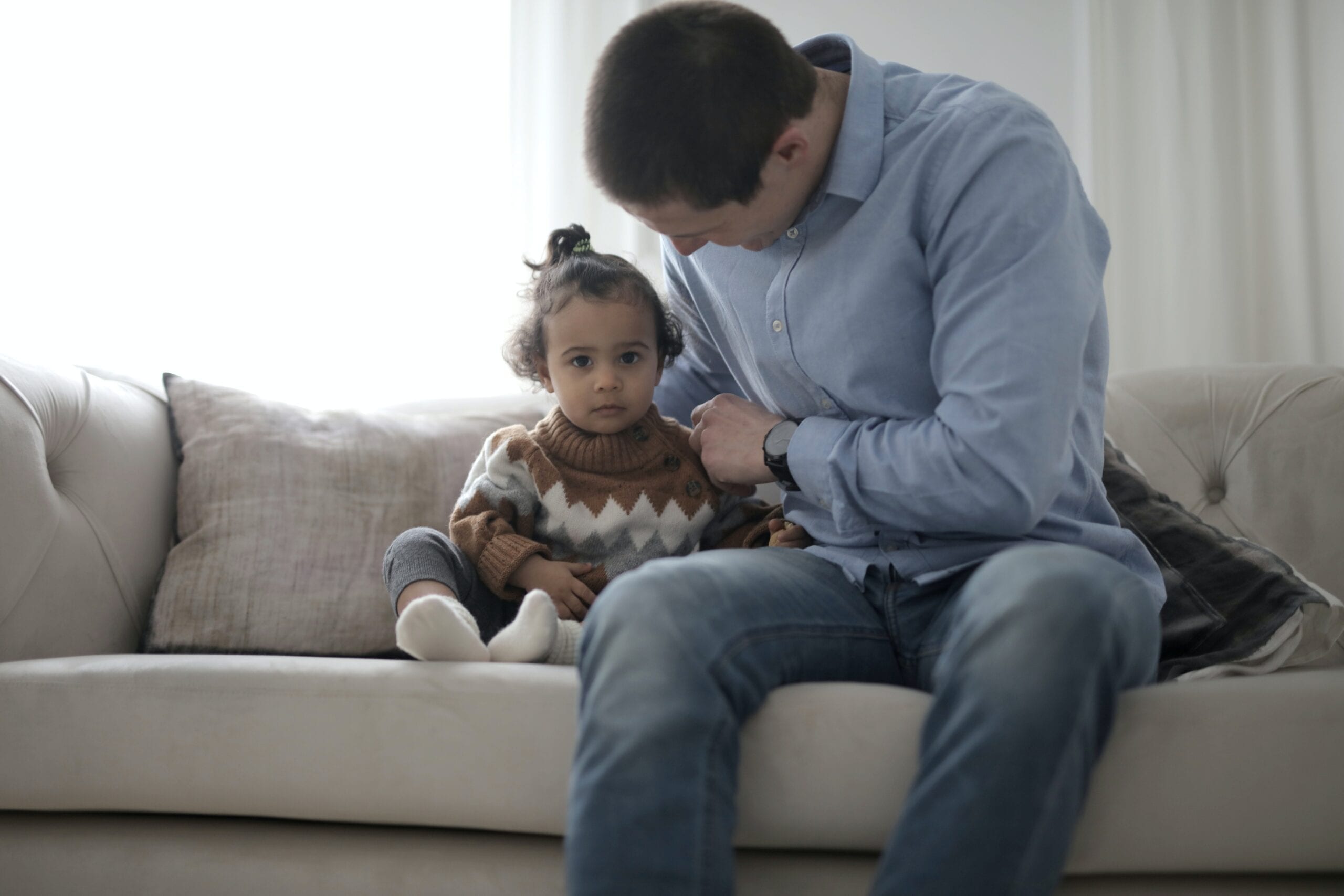It is natural for children to be upset when they have to leave their parents. However, if that separation is causing them to miss out on vital opportunities to learn and grow, then it is necessary to take action. A child’s independence is one of the most crucial aspects of childhood learning. So, while it may be heartbreaking to see them suffer, it is an essential sacrifice so that they can grow into the person you hope they will become.
When Does Separation Anxiety Become a Problem?
Children will always gravitate towards their parents, especially when very young. Clinginess is a normal part of your child’s development and is beneficial in forming a strong child-parent bond. Usually, the fears ease over time as the child gains more independence. However, some children do not grow out of this response, and intervention is necessary.
The intensity of your child’s concerns will be a strong indication as to whether separation anxiety may be an issue. If the fear is debilitating, and they are unable to participate in the activities other children do, then you should take steps to help them. For example, your child may refuse to go to school or to a friend’s house to play for fear of leaving you. Commonly children also develop sleep problems, either due to nightmares or because they fear being left alone.
Helping Your Child Through Their Anxiety
Seeing your child suffer is distressing, and it can often seem more convenient to help them avoid the situation. However, all this does is cement their behavior and cause more long-term issues. Solving the problem takes time, so patience is crucial.
Educate yourself. Before you take any action, you need to understand how your child is feeling. Speak calmly to them, and allow them time to listen and compose an answer. It can be very uncomfortable for children to talk about their issues, so patience and empathy are vital. If you don’t succeed at first, keep trying from time to time until your child is comfortable to talk.
Listen and ask questions. When you succeed in getting your child to open up, try not to judge or overload them with advice. Exploring their feelings is more important than telling them how to behave. Try to ask leading questions that will get them to rationalize their thoughts. Ultimately it is your child who needs to conquer their fear, so the more they consider their actions, the better.
Remain calm. If you are flustered or frustrated during separation, this is only going to make the problems worse. If your child sees that you are agitated, then they will only want to avoid the situation more. Stay calm, and as they make progress, lavish them with praise.
Encourage after school activities. At first, it may be too much to ask to get them to do activities away from you after school hours. However, once you see your child making progress after school groups can be a real benefit to them. Start by visiting one of their closest friends, and as they become comfortable with this, try signing them up to a club or group you know they will enjoy.
Helping your child through their anxiety issues is not an overnight process. However, resolving almost all cases is possible with the right approach. They will have to conquer their fears themselves, but everything you can do to help will aid them on their way. Act with empathy and patience, and you will soon find your child improving and becoming more and more independent.




